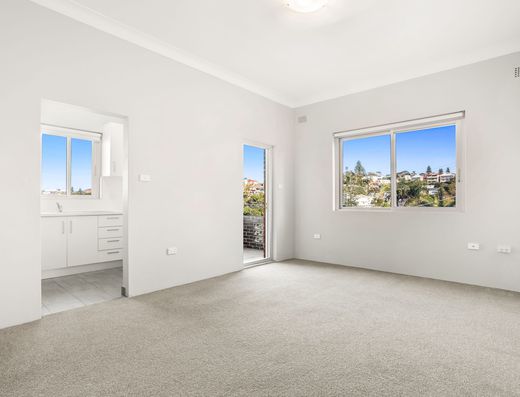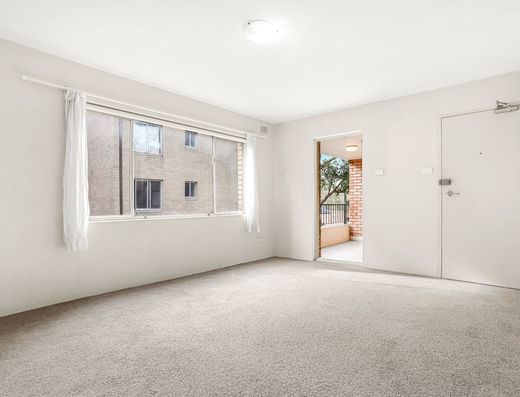What is a strata inspection report and why is it important?
A strata inspection report is a report that should be obtained by each investor of a strata-titled, community-titled or company-titled property, whether it is a residential or commercial property. The report is vital in that it details the actual and anticipated financial liabilities of the corporation the purchaser will join. In addition to highlighting any non-compliance with the regulations, discord among the unitholders, litigation against builders or tradespeople, and any particulars relating to the apartment bylaws, the strata report should also mention compliance issues.
You should do your due diligence before purchasing an investment property, especially if it's a strata property.
Unlike a house, when purchasing within a strata scheme, it’s not just the lot or apartment you own. In addition, you will own a share of the common property determined by your unit entitlement, for which you are responsible for keeping it up to date and repairing it via your strata levies.
What to look for in a strata report:
Strata schemes differ from property to property. Strata inspections can provide you with information regarding the voting rights of the owners, the meetings they hold, concerns that need attention, and how a property is administered. Additionally, the by-laws discuss the rights and responsibilities of owners, including complaints and garbage disposal.
It will provide insight into which areas of a property you do not agree with, allowing you the option of changing them if you have not yet made an offer on the property.
Important things to look for in your strata inspection report:
Here are five key areas to pay special attention to:
If you have any questions, get in touch!





